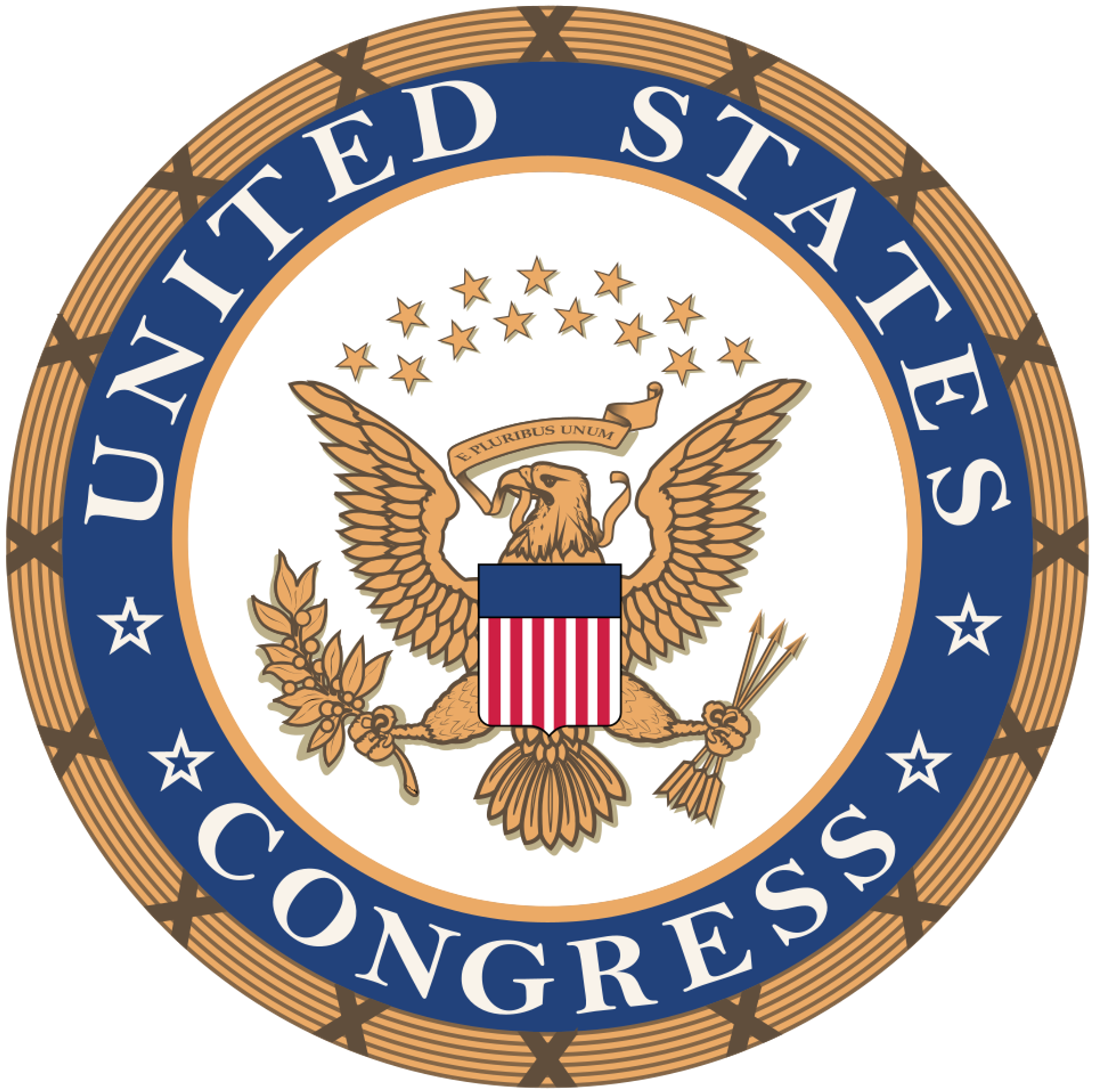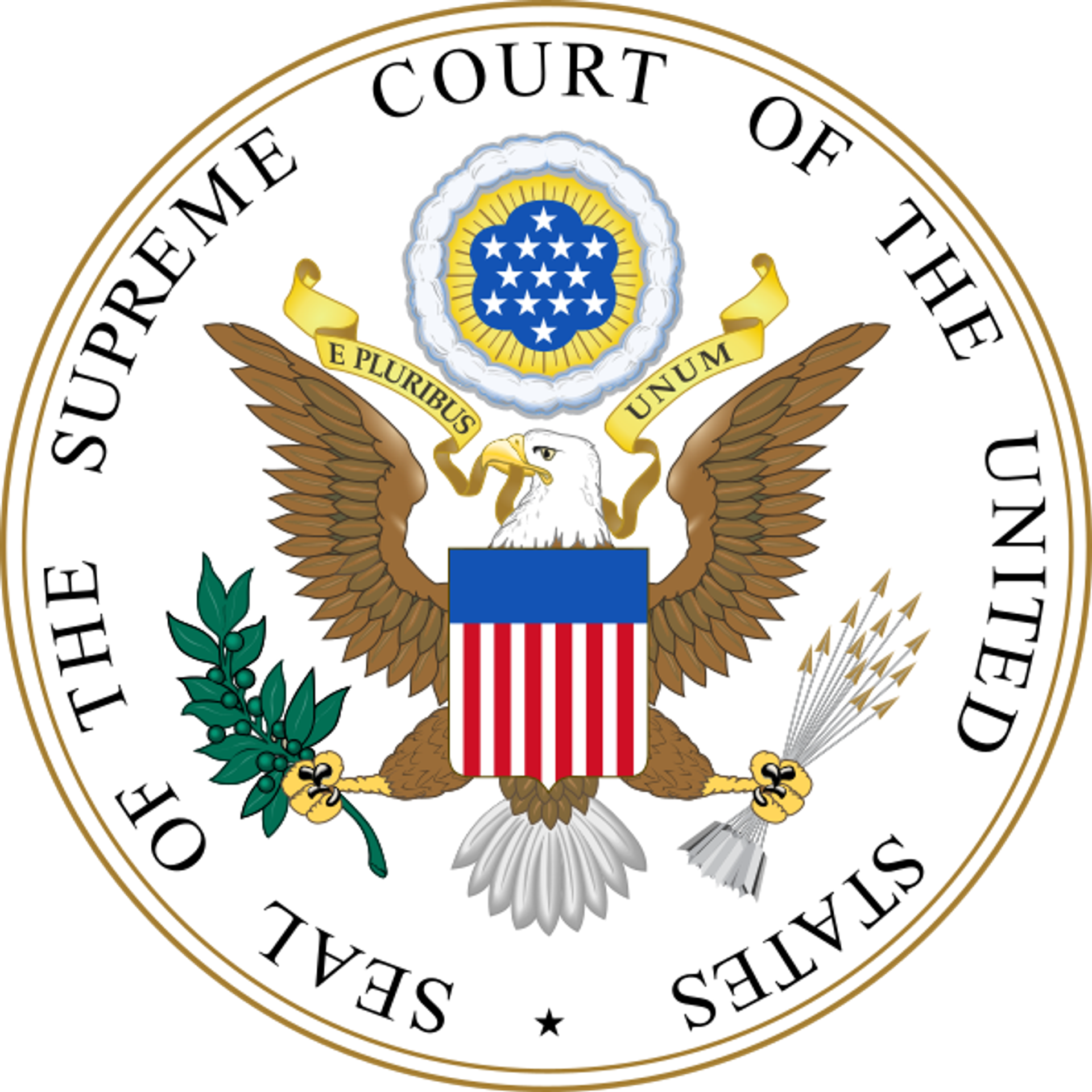
Palestinian National Authority
What do people say about Palestinian National Authority?
In the U.S., the Palestinian National Authority (PNA) is often viewed as an ineffectual entity plagued by issues of corruption and a lack of real power, especially after losing control of Gaza to Hamas. Its governance is criticized for failing to deliver tangible benefits to the Palestinian people and for being too closely aligned with external powers like the United States, which undermines its credibility among Palestinians. As a result, many see the PNA as a puppet regime rather than a genuine representative body. Overall, this negative perception hampers its ability to negotiate effectively on behalf of Palestinians in the ongoing conflict with Israel.
Where are the conversations happening?
Various U.S. media sources predominantly portray the PNA in a negative light, emphasizing its inability to govern effectively and the ongoing criticism from Palestinian citizens. Channels like CNN and The New York Times highlight the PNA's struggles and the rise of Hamas, while also scrutinizing its reliance on U.S. support, which is seen as detrimental to its standing among Palestinians. The critical discussions often revolve around its legitimacy and effectiveness, with less focus on any positive aspects of its governance.
What are the topics trending around Palestinian National Authority?
Discussions about the PNA often intersect with topics like U.S. foreign policy in the Middle East, the peace process between Israel and Palestine, and the rising influence of Hamas, which directly impacts the PNA's role and perception.
Why are these topics trending?
These topics are trending due to ongoing geopolitical developments, shifts in U.S. policy towards Israel and Palestine, and the increasing visibility of Hamas as a rival entity to the PNA, which raises questions about Palestinian governance and representation.
How is Palestinian National Authority being talked about?
Detailed breakdown of public sentiment and conversations about this entity.
Impact vs Sentiment
See how each entity's high impact percentage relates to their positive sentiment percentage from actual mentions.




